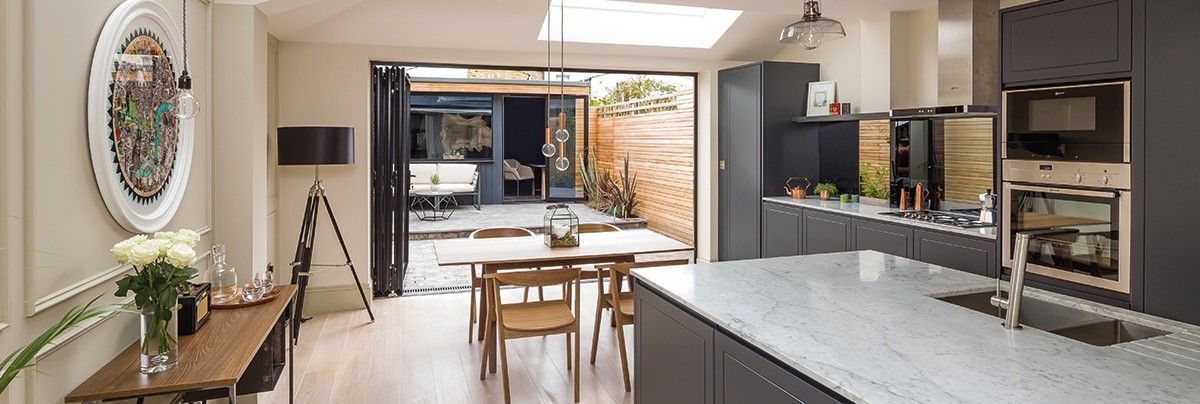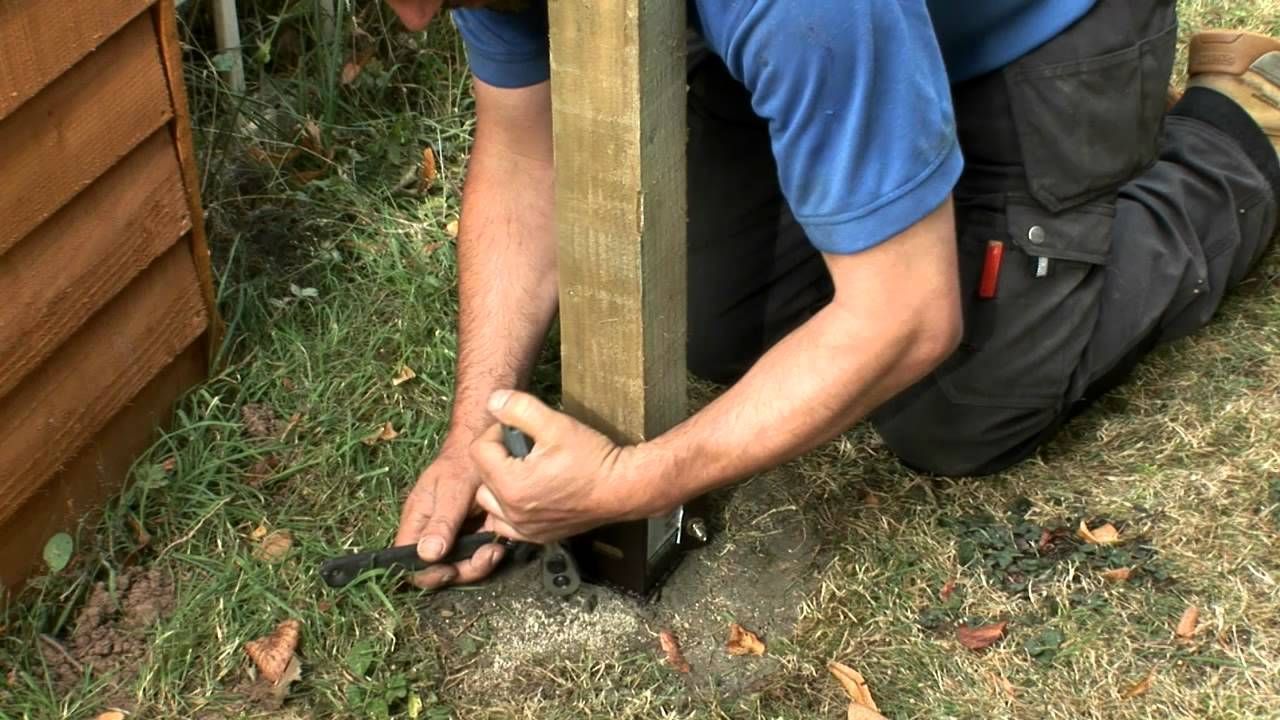When Should You Replace Your Boiler? Signs for London Homes
Boiler replacement in London often raises a big question: when is it truly needed? Just like any major appliance, a boiler has a lifespan. Knowing when to act keeps your home safe and warm. In this guide, we look at clear signals you should consider replacing an ageing boiler in London.

Why Boiler Replacement in London is a Smart Move
Boiler replacement in London isn’t just about convenience—it’s about long-term savings, safety, and comfort. Older boilers, especially those over 10–15 years old, tend to become inefficient, costly to run, and prone to breakdowns. They often lack the energy efficiency of modern condensing models, which can achieve efficiency ratings of 90% or more. By contrast, older non-condensing boilers may operate at just 60–70%, meaning a significant portion of your energy bill is going to waste.
Frequent boiler repairs can also become a financial burden. If you’re calling out a heating engineer every few months, the combined cost of call-outs, replacement parts, and disruption to your daily life can far outweigh the price of a new boiler installation. Additionally, a failing boiler may cause inconsistent heating and hot water, impacting your comfort—especially during London’s colder months.
Beyond performance, safety is a concern. Older units are more likely to develop dangerous issues like carbon monoxide leaks or faulty pressure valves. New boilers come with modern safety features and warranties, giving peace of mind.
With government incentives like the Boiler Upgrade Scheme and long-term savings on energy bills, replacing your boiler is a practical investment for any homeowner in London looking to future-proof their property.
Boilers typically last between 10 and 15 years when properly maintained and regularly serviced . After this, efficiency drops and breakdowns rise. A worn-out system can inflate energy bills, cause cold spots, or even pose safety risks. Replacing your boiler can re-thicken your wallet—and your warmth.
1. Age: Your Boiler May Be Overdue
Most modern boilers live around 10–15 years . If yours is approaching that age—or is already past it—this is a key sign. Older boilers are less efficient and often fail more. Even if it's still working today, it may stop tomorrow. Consider upgrading before that happens.
2. Rising Repairs & Unpredictable Performance
Frequent call-outs to a heating engineer London for leaks, pressure drops, or pilot light issues show wear . Each visit may cost £300–£450 for repairs . At some point, repair costs equal or exceed replacement. That’s when it’s wiser to install a new, more efficient boiler.
3. Noisy Operation or Strange Smells
Does your boiler rumble, bang, or whistle? Notice odd smells, especially gas or burning plastic? These are serious warning signs. According to Checkatrade, strange smells or noises can indicate major internal problems . It's best to have a heating engineer London inspect it. If issues are recurring, replacing the boiler is safer.
4. Poor Heating & Hot Water Performance
Uneven heating, cold spots, or a lack of hot water are tell‑tale signs. If rooms warm slowly or not at all, your boiler may struggle . Older boilers lose pressure and performance. A new installation restores consistent heat and hot water flow across your London home.
5. Higher Energy Bills and Low Efficiency
Older boilers are typically below 70% efficiency, while new condensing models reach 90%. That difference translates to real savings—often up to £450 annually . If your fuel bills are climbing despite no change in use, inefficiency likely. A new boiler soon pays for itself in energy savings.
How long does a modern boiler last?
Modern boilers last around 10–15 years with proper maintenance. Beyond that, efficiency drops, and breakdowns increase. But with annual servicing, some can push past this. Still, plan for replacement around year 15.
[Read the Full Article (Source:
Checkatrade)]
Planning Your Boiler Replacement in London
Planning your boiler replacement in London requires more than just picking a new unit. It’s a strategic process that ensures your home remains warm, energy-efficient, and legally compliant. First, identify your household’s heating and hot water needs. Do you live in a flat with limited space? A combi boiler might be the best option. Do you have multiple bathrooms or a larger property? Then a system or regular boiler could be more suitable.
Next, consult with a Gas Safe–registered heating engineer in London to assess your existing system. They’ll check pipework, radiators, water pressure, and venting requirements. If your system is outdated, upgrading the controls or even parts of the pipe network may be necessary for optimal performance.
Timing is also crucial. Summer or early autumn are ideal seasons to replace your boiler, as heating demand is lower and engineers are often more available. This also means you’re not rushing during an unexpected winter breakdown.
Budget is another consideration. While a standard installation may range from £2,000 to £4,000 depending on the model and complexity, financing options and warranties can ease the upfront cost. Mrhd Plumber, for example, offers guidance on selecting the right boiler and handles every part of the process, ensuring a stress-free upgrade for homeowners.
When replacing your boiler, it’s not just about swapping units. You need a certified installer and Gas Safe registration. Here’s how to prepare:
- Choose the right boiler type:
- Combi: Instant hot water, compact design.
- System: Works with a hot-water cylinder.
- Conventional: Traditional tank setup
- Use a Gas Safe–registered heating engineer London: They handle flue safety, gas line connections, and commissioning. Gas Safety requires this.
- Check pipework & radiators: Old systems may need partial upgrades. Modern installers will assess what needs replacing .
- Schedule wisely: Off-season months give faster slots and better rates .
Cost Considerations and Savings
Initial boiler cost varies by type and system complexity. A full install might range from £2,000–£4,000. While it’s a major investment, long-term savings and lower repair bills help offset it.
A modern A-rated boiler often reduces annual heating bills significantly—sometimes by hundreds of pounds. It also lowers carbon emissions and boosts home comfort.
Role of a Heating Engineer London like mrhd Plumber
At mrhd Plumber (mrhd.co.uk), London homeowners receive expert guidance. Their engineers will:
- Carry out a full inspection.
- Advise on the ideal boiler model.
- Fit it correctly with Gas Safe certification.
- Handle any pipework or radiator upgrades.
- Offer a service plan to extend boiler lifespan.
This ensures smooth boiler replacement in London, less stress, and complete safety.
Linking Boiler Replacement to Home Maintenance in Kingston Upon Thames
For those in Kingston Upon Thames, home maintenance in Kingston Upon Thames includes timely boiler replacement. Your central heating system is core to comfort. Regular servicing and upgrades ensure uninterrupted warmth. Upgrading your boiler—by a trusted heating engineer London—not only benefits your property but also enhances your local maintenance standards.
Boiler Replacement Checklist
Before booking a replacement, keep this checklist handy:
- Boiler age and service history.
- Frequency and cost of repairs.
- Efficiency ratings and fuel bills.
- Noise, smells, and pressure issues.
- Radiator health and zoning.
- Installer credentials and Gas Safe ID.
- Quoted costs vs. long-term savings.
- Availability of service plans.
When to Replace Your Boiler
If your boiler is over 12 years old, needs frequent call‑outs, or drives up energy bills, it's time to make a change. For safe, efficient boiler replacement in London, contact professional engineers—like those at mrhd Plumber—to guide you through the entire process. Ensuring quality installation now saves money, stress, and cold nights later.
Ready for a warm, efficient home? Reach out to a trusted heating engineer London today and plan your upgrade well before winter hits.









